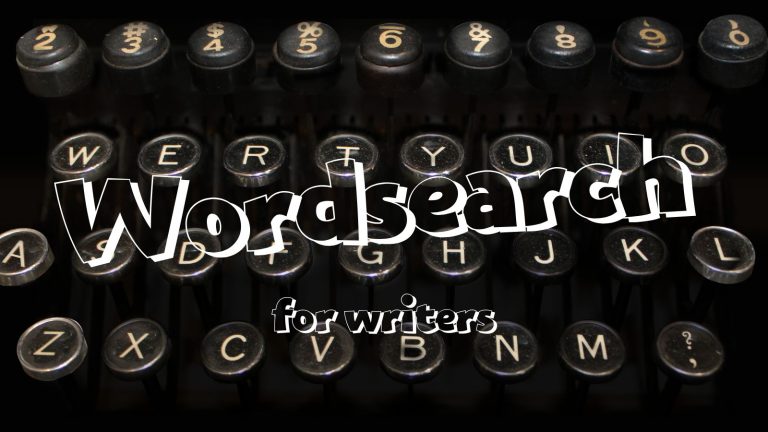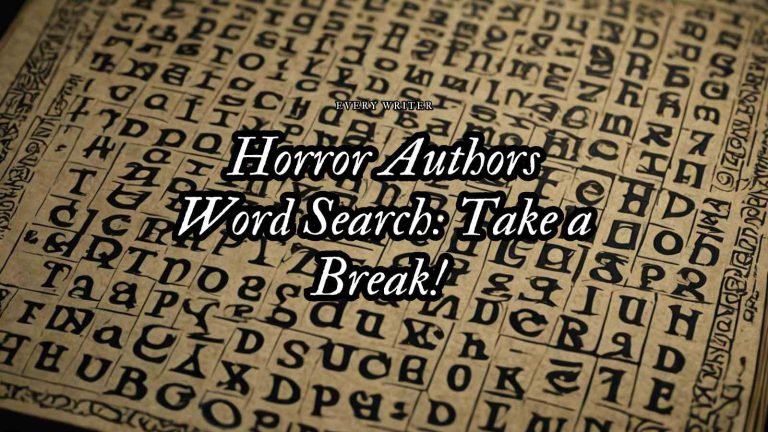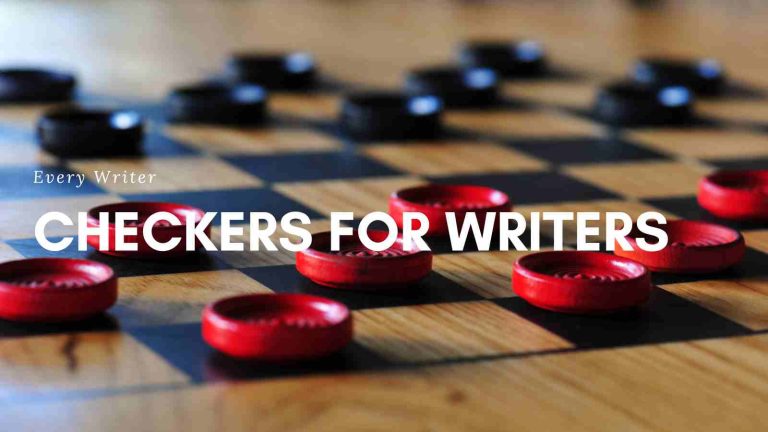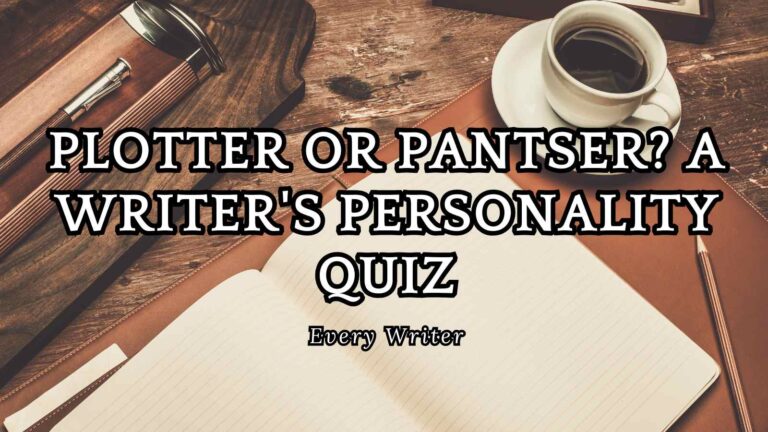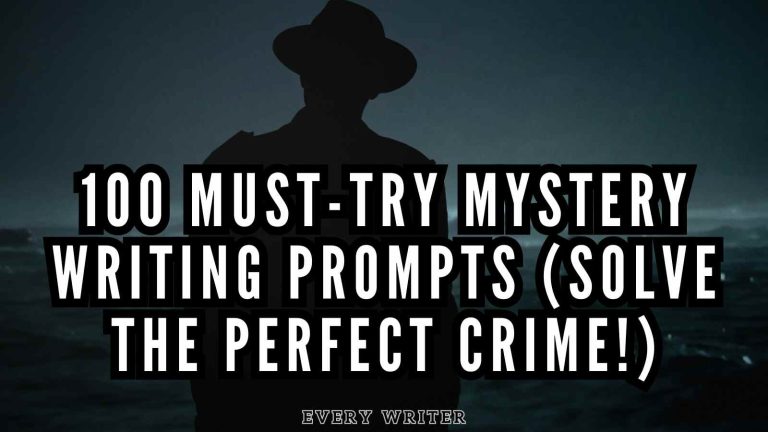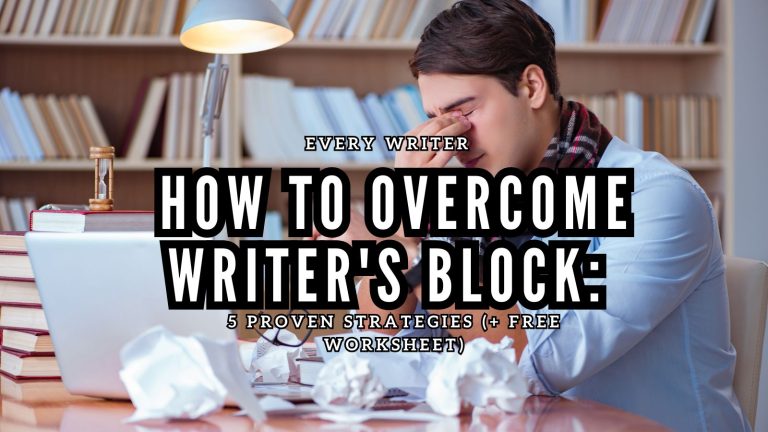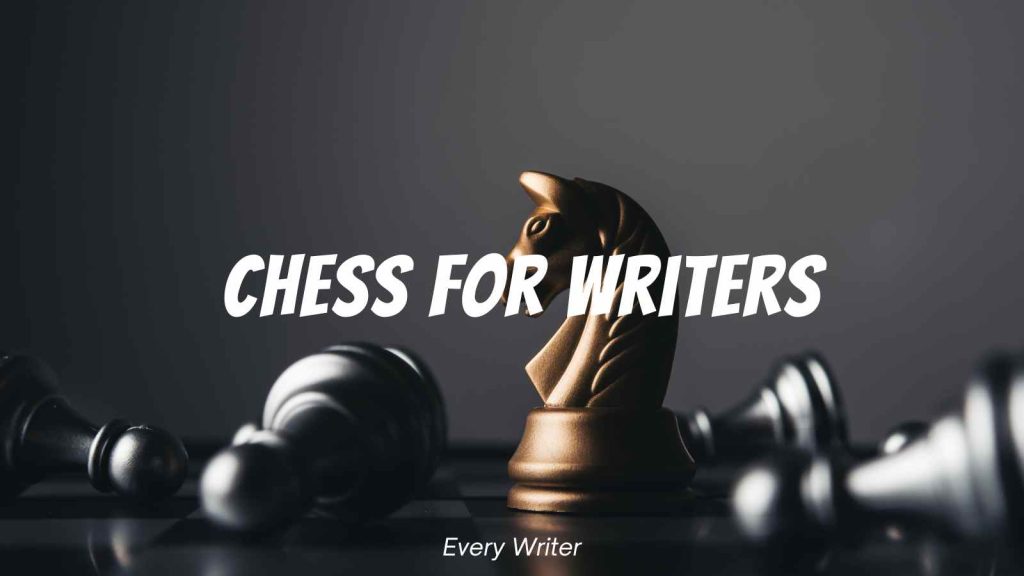
Taking a mindful break from writing can be just as important as the writing itself. Writers often find themselves caught in the intricate web of narratives, wrestling with character arcs, or struggling to find that perfect turn of phrase. This chess game offers a chance to step back, shift mental gears, and engage in a different kind of strategic thinking.
Chess, like writing, is an art of patience and deliberate decision-making. Each move requires focus, much like each word chosen in stories. But unlike writing, where one might agonize over a single sentence for hours, chess provides immediate feedback and a clearer framework for decision-making. This mental shift can be remarkably refreshing, helping to clear the cognitive fog that sometimes settles over creative minds during long writing sessions.
Did Chess Shape Some of Literature’s Greatest Minds?
The relationship between chess and literature runs deeper than many realize. Take Vladimir Nabokov, the mastermind behind “Lolita,” who not only crafted intricate plots but also composed complex chess problems in his spare time. When asked about the connection between chess and his writing, Nabokov mused that “the inspiration to write a novel can come from studying a chess position.” His precision with language mirrors the calculated moves of a chess master, suggesting that perhaps one craft fed the other.
Consider Lewis Carroll’s “Through the Looking Glass,” where chess becomes more than just a game – it’s the entire framework of Alice’s adventure. Every move in the story corresponds to a move on a chess board, with characters representing different pieces. This brilliant fusion of chess strategy and storytelling demonstrates how the game’s logic can structure even the most whimsical narratives. Was it coincidence that Carroll created such an enduring masterpiece while being an avid chess player?
Samuel Beckett, whose sparse, strategic prose won him the Nobel Prize, played chess at near-master level. His play “Endgame” borrows its very title from chess terminology, and the game’s influence appears throughout his work. The methodical thinking required in chess seems reflected in Beckett’s precise, carefully considered writing style. The parallels between his strategic gameplay and his revolutionary approach to literature raise intriguing questions about how one skill might have enhanced the other.
Even the giants of Russian literature found solace and stimulation in chess. Picture Leo Tolstoy and Ivan Turgenev, two titans of literature, hunched over a chess board during a thunderstorm, so absorbed in their game they barely noticed the weather raging around them. Did these intense chess sessions influence the strategic plotting of “War and Peace” or the careful character developments in Turgenev’s works?
Ernest Hemingway, known for his direct, uncluttered prose, could often be found playing chess at his favorite Key West haunt, Sloppy Joe’s Bar. His precise, methodical approach to writing seems to mirror the disciplined thinking required in chess. Could his time at the board have influenced his famously economical writing style, where every word, like every chess move, had to serve a precise purpose?
While we can’t definitively prove that chess made these writers greater at their craft, the evidence is compelling. The game’s demand for strategic thinking, patience, and careful consideration of consequences seems to parallel the skills needed for crafting complex narratives and developing intricate plots. Perhaps, like these literary giants, you’ll find that time spent at the chess board enriches your writing in unexpected ways.
Ready to join this storied tradition? The board above awaits. Who knows – your next literary breakthrough might come while contemplating your next move. Feel free to share in the comments below if you find any parallels between your chess games and your writing process!
Chess for Writers
Studies have shown that taking structured breaks with engaging activities can actually enhance creativity and problem-solving abilities. Returning to a manuscript after a game of chess often reveals new perspectives – plot knots that seemed daunting might suddenly unravel with ease. The strategic thinking required in chess exercises different neural pathways, giving the “writer’s brain” a chance to rest while keeping the mind sharp and engaged.
This particular chess interface has been selected for its simplicity and ease of use. Whether players are grandmasters or just learning how pawns move, the difficulty can be adjusted to match any skill level. Consider it a small gift for fellow writers – a thoughtful interruption in the writing journey, a chance to reset and refresh creative energy.
Comments about your experience with this creative break are warmly welcomed below. Did a quick game help unlock a stubborn plot point? Did the strategic thinking inspire a new twist in your story? Or perhaps the mental palette cleanser between writing sessions simply provided a moment of clarity? Whatever the experience, here’s wishing you both checkmates and compelling chapters ahead. The game awaits!
- Plotter or Pantser? A Writer’s Personality Quiz - March 30, 2025
- 100 Must-Try Mystery Writing Prompts (Solve the Perfect Crime!) - March 22, 2025
- Ultimate World-Building Guide: Create Immersive Fictional Universes - March 19, 2025
